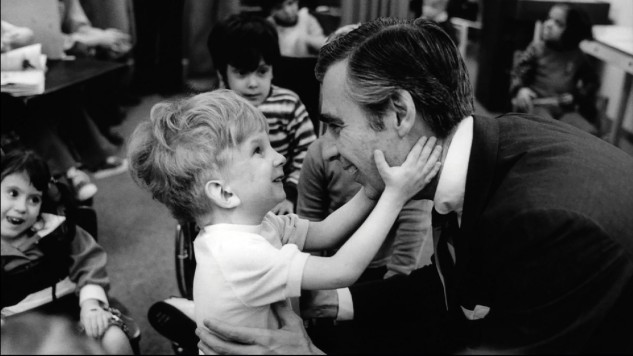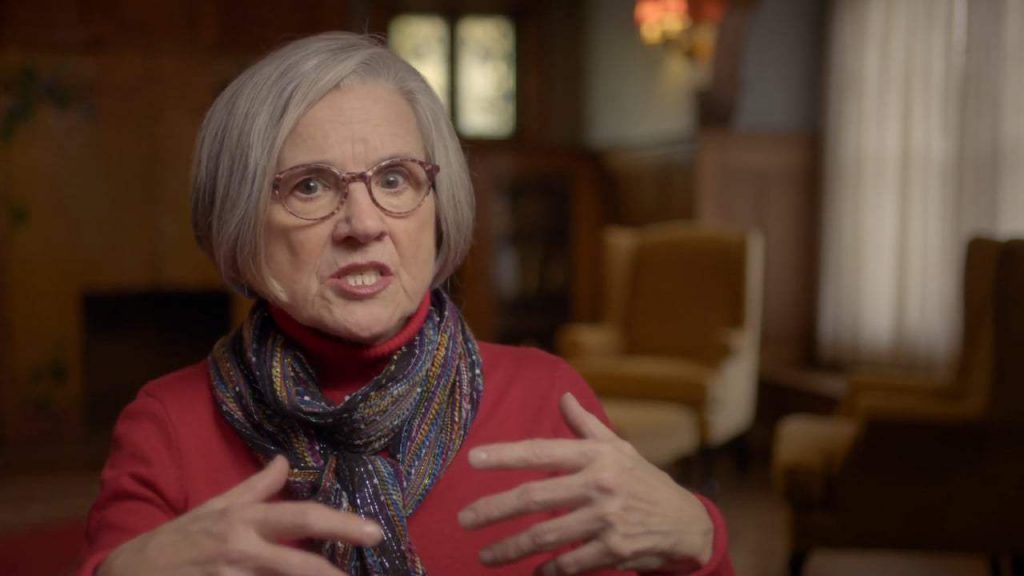Educator. Communicator. Lover. Father. Husband. Neighbor. Friend. There are many words that describe Fred Rogers. Rarely have we seen a man so respected and revered by those close to him and the public at large. After his death in 2003, it was inevitable to make a documentary about his life. In 2018, Morgan Neville completed that task with Won’t You Be My Neighbor, with the aim to give an inside look at what made Mr. Rogers such a nice guy. Why was he such an anomaly in children’s programming? And was he really as nice as his on-screen persona?
Being a man of serious morality and good intentions at an early age, Fred Rogers nearly entered priesthood to help others in need, but with the advent of television becoming bigger he decided to craft his love for child development into a chance to make a difference. Mr. Rogers was a tour de force as a producer of content for children, delivering the writing, acting, and voice work for a show that spoke to children. How was he such an effective communicator to them? Neville utilizes archival footage of Mr. Rogers during his TV show, as well as interviews and behind the scenes footage of him explaining philosophies and inside looks of the mind of a man who cared deeply for children and their well being and place in the world. Interviews of his closest friends, family, and co-workers illustrated a beautiful memory of the man as the narrative unfolds throughout his career.

Archival footage shows the love that Mr. Rogers had for children
The feature-length documentary analyzes not only the displays of love, understanding, and compassion that characterized Fred Rogers but also tries to did at the why and how such a man was created. Footage shows him watching spoofs of his good-hearted persona and having mixed emotional reactions, and those close to him speculate that he might have been teased or bullied as a child, that that behavior formed him extreme empathy for others. Rogers always aimed his programming to help kids with not only real life situations they would need to process, but also made it so they understood him on their level. That characterization in a doc about a mans legacy makes Neville’s film layered and rich.

Contemporary interviews of friends and family of Mr. Rogers to shape the narrative
Neville also shows some internal struggles Fred Rogers dealt with. His vast stable of puppet characters on the show made kids laugh, cry, and think deeply about their feelings and thoughts. Many close to the show saw them as extensions of his personality, with “Daniel the Lion” his most vulnerable and insecure outlet. Fred Rogers dealt with some personal demons like all of us, but it was through television and the joy he brought children than he found his inner peace. Fred’s friend, Francois Clemmons, talks about how grateful he was for casting him as the black policeman on the show, and that his racial acceptance was important for both he and the audience they were educating. He talks about Fred taking a while to understand and accept his coming out as gay, but that Mr. Rogers hugged and embraced him about it, bringing him to tears.
Overall, I would say that Neville makes a pretty damn good case that not only was Fred Rogers one of the nicest and most influential men on television, but a kind and loving man off screen as well. Morgan Neville uses archival footage, and interviews of those closest to Fred Rogers to make that case concrete and his legacy golden.

Recent Comments